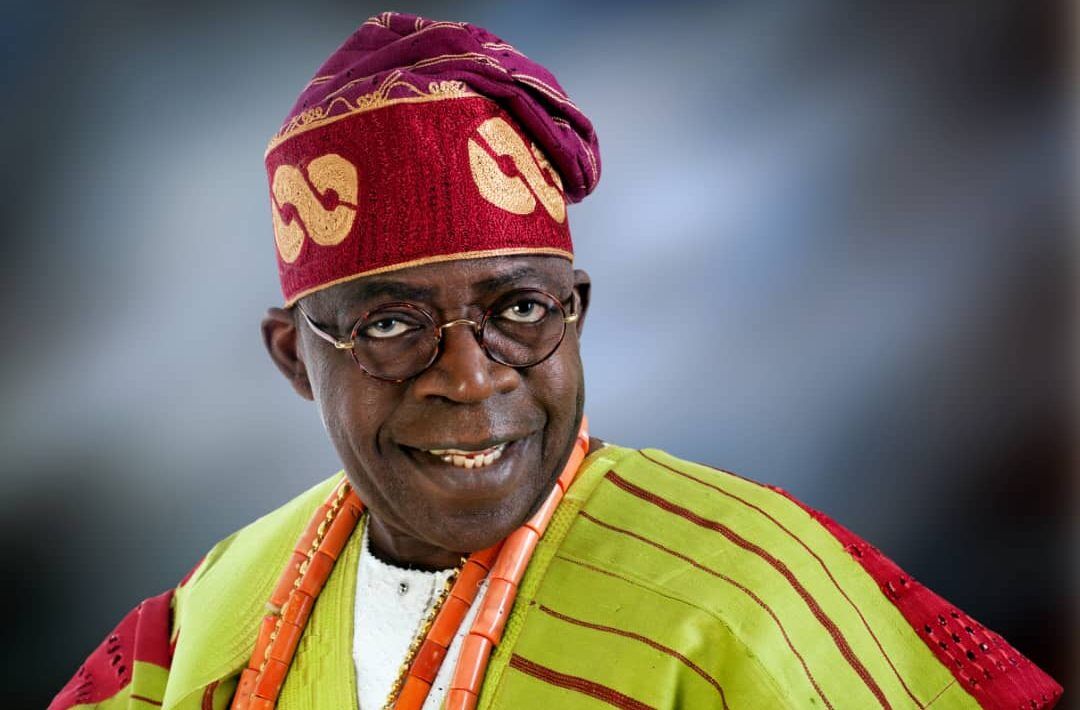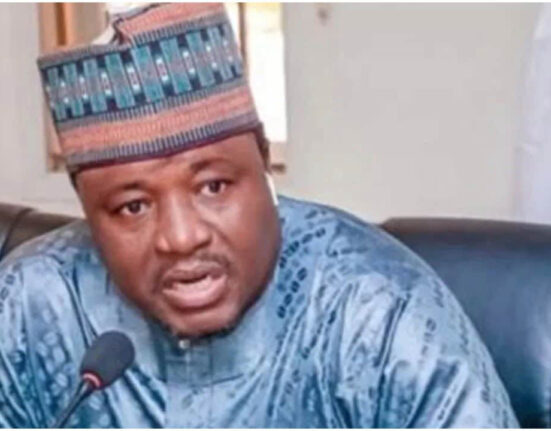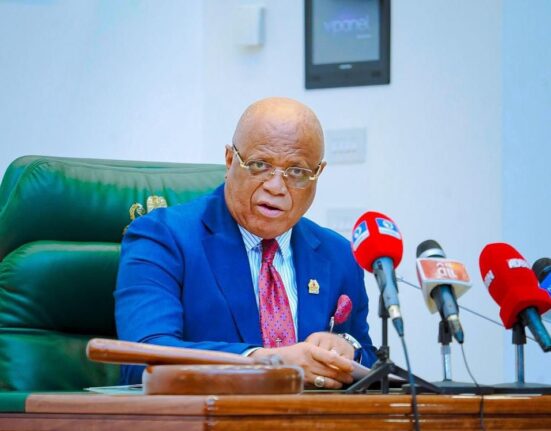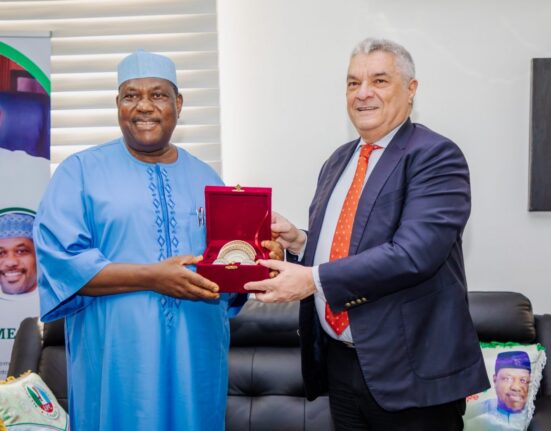The political landscape in Akwa Ibom State underwent a seismic shift as Governor Umo Eno made a bold and controversial decision to defect from the Peoples Democratic Party (PDP) to the All Progressives Congress (APC). This move, announced on a significant Friday at the government house, marked a pivotal moment in Eno’s political journey.
In his declaration, Governor Eno emphasized the importance of aligning his actions with his beliefs and values. He expressed that true loyalty entails more than just words—it requires wholehearted commitment.
“I can’t profess love for Tinubu without joining his party,”
Governor Eno declared, highlighting the necessity of backing up sentiments with concrete actions. His choice to switch parties was not merely a strategic maneuver but a demonstration of unwavering support for President Bola Ahmed Tinubu and the vision he represents.
Eno’s transition sparked both anticipation and speculation among observers, with months of conjecture coming to an end as he officially crossed party lines. The governor underscored that change is constant and essential for progress. By making this move, he aimed to bridge divides within Akwa Ibom State and forge new connections that would propel development and transformation.
“I have changed my political affiliations but my values and moral fiber remain the same,”
Eno affirmed, stressing that his core principles remained intact despite changing party labels. His message resonated with a call for unity beyond partisan lines—an inclusive approach that prioritizes collaboration for the greater good of Akwa Ibom people.
As Governor Eno navigated this significant transition, he sought solidarity from both constituents and key figures within the political sphere. His appeal for support extended not only to fellow APC members but also across party boundaries. Emphasizing the need for collective effort in rebuilding a stronger political framework in Akwa Ibom, Eno urged all stakeholders to set aside differences and work towards a shared future.
“We are not joining the APC from a position of weakness but from a position of strength,”
Governor Eno asserted confidently. His decision was underpinned by a belief in adding value to the APC while revitalizing its presence in Akwa Ibom State—a strategic move aimed at fostering growth and connectivity at both local and national levels.
Expert insights into this high-profile defection provided additional context on its implications for state politics. The presence of prominent figures such as Senator Godswill Akpabio underscored the significance of Governor Eno’s move within broader party dynamics.
Senate President Godswill Akpabio’s encouraging words highlighted the challenges that come with such bold decisions. He commended Governor Eno’s courage while acknowledging the inevitable hurdles ahead. Despite potential criticisms or opposition, Akpabio emphasized faith in divine protection and unwavering support from key allies like President Tinubu.
Joining hands with other APC governors led by Imo State Governor Hope Uzodinma symbolized solidarity among party members welcoming Umo Eno into their fold. This display of unity echoed broader themes of cooperation and shared goals driving Nigeria’s evolving political landscape under President Tinubu’s leadership.
The convergence of multiple state governors at this pivotal juncture signified a broader narrative—one where individual choices intersect with collective visions shaping Nigeria’s sociopolitical future. As stakeholders navigate shifting allegiances and recalibrate alliances based on evolving priorities, each decision carries ripple effects felt far beyond individual mandates or party lines.
In conclusion, Governor Umo Eno’s defection signifies more than just a change in party affiliation; it embodies deeper narratives around loyalty, leadership, and transformative governance paradigms shaping Akwa Ibom State’s trajectory amidst wider national dynamics.









Leave feedback about this